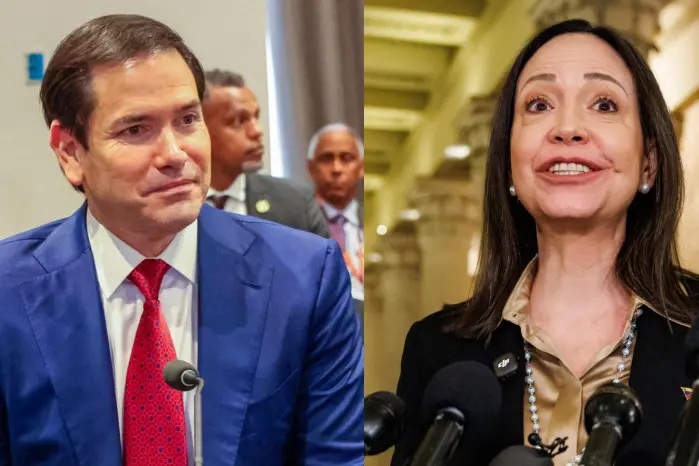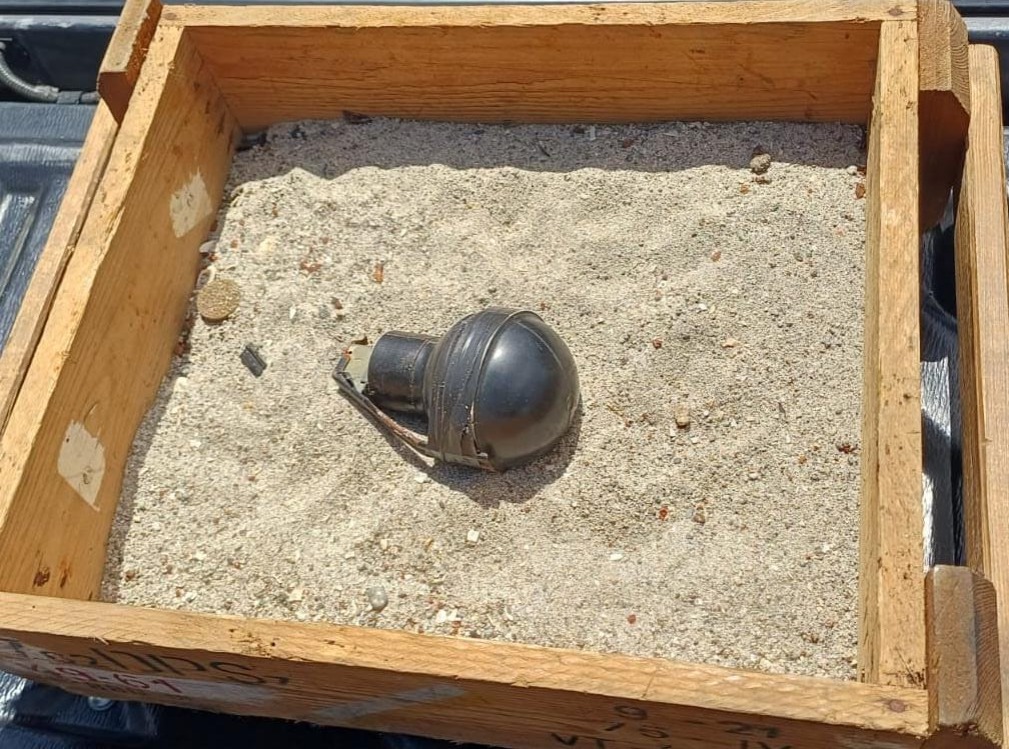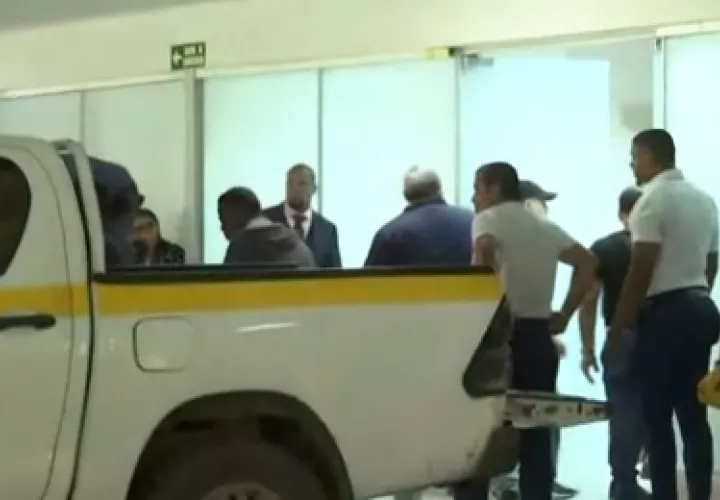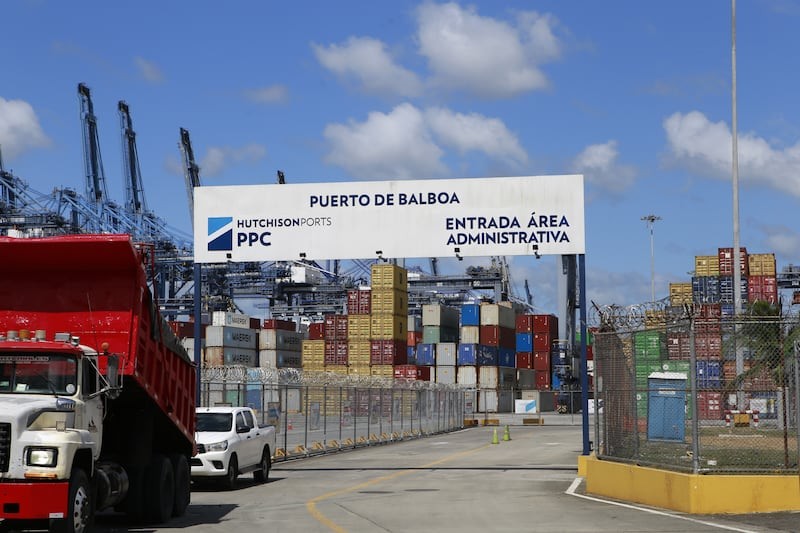Over 3,000 including children displaced in narco war
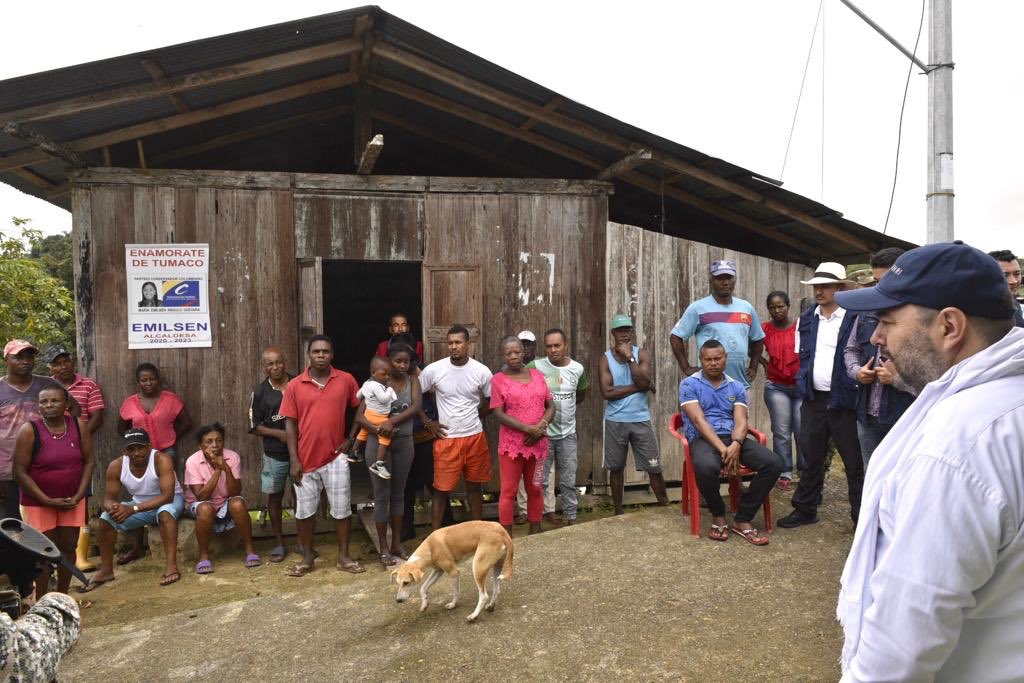
Over 3,000 people, including more than 1,000 children, have been displaced in the municipality of Tumaco, in southwestern Colombia, due to clashes between groups of narco-traffickers fighting for control of coca areas, said local authorities on Monday, January 20.
“There is a possibility that the figure may be a little higher but at this time we have made a cut of 1,179 families and 3,131 people who have had to move,” including 1,444 children, said the mayor of Tumaco, María Emilsen Angulo, in an interview with Caracol Radio.
People fled their homes “due to clashes of groups that dispute the territory” in villages near the Chagüi River, Angulo added.
The Ombudsman reported three armed groups have been registered since the end of 2019, composed of dissidents from the former FARC guerrillas who did not accept the peace agreement signed with the government of Juan Manuel Santos in 2016.
Since January “they have continued to increase, which has made people gradually leave the rural area towards the urban area,” said the mayor.
Located on the Pacific, Tumaco is considered a key corridor for the exit of cocaine to the United States, the main consumer of that drug. It is also the second municipality for narcocultivos in Colombia.
“Its insular condition makes it of special interest to illegal armed groups since it is strategically located (…) on a route that allows drug trafficking … to Central America,” before entering North America, said. the Ombudsman’s Office.
Colombia is the largest producer of cocaine in the world, with 169,000 hectares planted, especially in border areas such as the department of Nariño and Norte de Santander.
Iván Duque’s government points to drug trafficking as responsible for the spiral of violence that since 2016 has claimed the lives of at least 303 social leaders or human rights activists.
Although the peace agreement with the former FARC communist guerrillas eased an armed conflict of more than half a century, multiple illegal Colombian armed groups and Mexican cartels, such as Sinaloa, dispute the coca zones, according to authorities.

